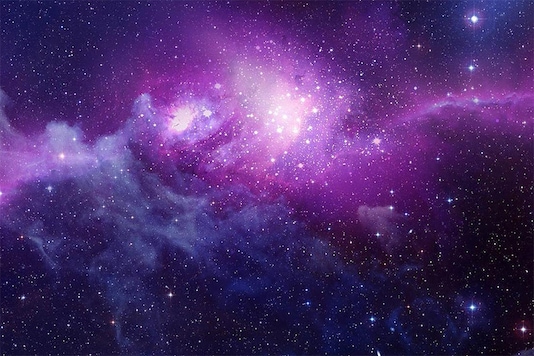A theoretical physicist Matt Caplan predicts that the universe will end when the last supernova of a 'black dwarf star' occurs at 10^3,2000 years from now.
In a statement, Caplan said, “It will be a bit of a sad, lonely, cold place. He explained it as ‘heat death,’ where the universe will be mostly black holes and burned-out star".
Caplan is an assistant professor of physics at Illinois State University. During a summer lecture series this year, he said, "Black dwarf supernova might be the last interesting thing to happen in the universe. They may be the last supernova ever".
According to Caplan’s theory, the massive stars produce iron in their cores and thus explode into supernovas, while smaller stars become white dwarfs when they run out of thermonuclear fuel don't have the gravitational mass to make iron. These white dwarf will cool down over the next few trillion years and grow dimmer, eventually freeze solid, and become ‘black dwarf’ stars that no longer shine.
Caplan predicted that the biggest stars will explode first, followed by all the smaller ones until there are none left. He believes the first black dwarfs to occur in 10 to the 1,1000th years.
In response to Caplan’s theory, Gregory Laughlin, an astrophysicist at Yale University, said , "Our view of the extremely distant future is a reflection of our current understanding, and that view will change from one year to the next."










